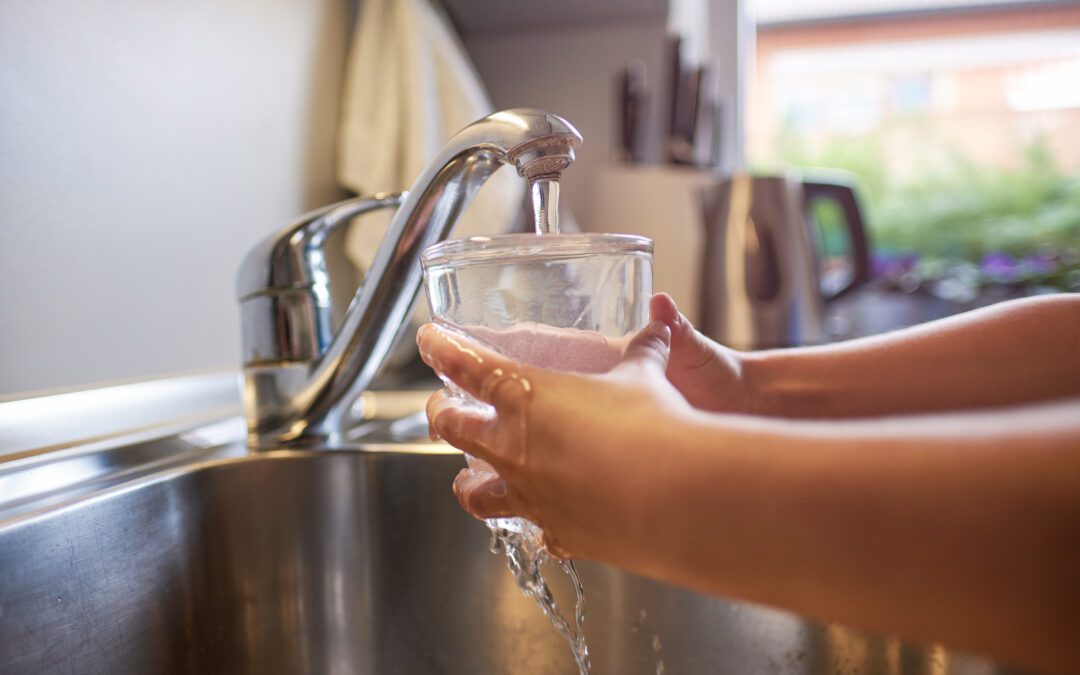Many homeowners rely on water filtration systems to make sure their drinking water is clean, safe, and free from harmful contaminants. Despite their proven benefits, several myths still surround water filtration systems, leaving people uncertain about their effectiveness and necessity.
Here are a few common misconceptions about water filtration and the truth behind them.
Myth 1: Tap Water Is Always Safe to Drink
While tap water in many areas meets regulatory safety standards, this does not mean it is entirely free of contaminants. Aging infrastructure, local water issues, or temporary treatment failures can introduce impurities like chlorine, lead, and bacteria into the supply. Water filtration systems add an extra layer of protection so that water is clean, odor-free, and better tasting.
Myth 2: Bottled Water Is Cleaner than Filtered Water
Bottled water is often sourced from municipal supplies and may not go through the rigorous filtration some at-home systems provide. Additionally, bottled water contributes to plastic waste, which harms the environment. A high-quality water filtration system offers comparable, if not better, water quality without the environmental impact or ongoing expense.
Myth 3: All Water Filtration Systems Are the Same
Water filtration systems vary widely in terms of technology, effectiveness, and purpose. For example, activated carbon filters reduce chlorine and improve taste, while reverse osmosis systems remove a broader range of contaminants, including heavy metals. Choosing the right system depends on the specific issues in the water supply, which is why professional consultation and testing are important.
Myth 4: Water Filtration Systems Require Too Much Maintenance
Most systems only require periodic maintenance, such as filter replacements every 6 to 12 months. Modern filtration solutions are designed to be user-friendly, and some systems even feature indicators that alert homeowners when maintenance is needed. Routine care guarantees optimal performance without significant time or effort.
Myth 5: Water Filtration Systems Waste Too Much Water
While it is true that certain systems generate wastewater during the filtration process, advancements in technology have minimized water waste significantly. Modern reverse osmosis systems now operate with improved efficiency, using less water to deliver clean, filtered results.
Myth 6: Water Filtration Systems Are Expensive
The upfront cost of a water filtration system may seem high, but it is a long-term investment that saves money over time. When compared to the ongoing expense of bottled water, a filtration system offers substantial savings. Additionally, clean water can protect plumbing fixtures, water-using appliances, and personal health, reducing repair costs and medical expenses in the long run.
Myth 7: Water Filtration Removes All Essential Minerals
Some believe that water filters remove beneficial minerals like calcium and magnesium, leaving water stripped of nutrients. However, most filtration systems are designed to remove contaminants while leaving these essential minerals intact. Even reverse osmosis systems, which remove most impurities, can include remineralization options to restore important minerals for healthy, balanced water.
Myth 8: Boiling Water Is Just as Effective as Filtration
Boiling water does kill bacteria and viruses, but it does not remove chemical contaminants, heavy metals, or sediments. Filtration systems, on the other hand, address a wide range of impurities, making the water safer and cleaner overall. Relying solely on boiling water can leave serious issues, such as lead or chlorine, unresolved.
At Hague Quality Water, we provide expert guidance and high-quality filtration solutions tailored to your needs. Contact us today to schedule a consultation and take the first step toward cleaner, healthier water.

